As a pain physician, Dr. Brooke Chidgey is on the front lines of North Carolina’s opioid crisis. She sees the addiction and misuse that have defined these prescription drugs. At the same time, she sees patients who rely on opioid medications to manage their pain as they go about their daily lives.
Dr. Chidgey wanted medical students to understand the complexities that surround opioids and prepare these future physicians for their roles in managing patients’ pain. She wanted them to understand that some patients will need opioids, and for these patients, prescribing the drugs safely is key. Alternatively, she wanted them to know that other patients may benefit from other pain management approaches, and teach best practices in diagnosing and treating substance abuse disorder. With the support of the School of Medicine, Dr. Chidgey developed a comprehensive curriculum addressing the intricacies and implications of opiate prescribing.
Graduates of the UNC School of Medicine now leave their medical education equipped with foundational knowledge that will help them navigate their way through the opioid crisis. Through the curriculum, students learn the importance of managing a patient’s expectations about pain. They learn about alternatives to opioids, which may include medications like antidepressants, Ibuprofen, Tylenol, as well as heat, ice, physical therapy and other modalities. Dr. Chidgey notes that non-opioid options are often more effective for certain conditions like nerve pain or pain from inflammation.

When asked about trends in pain management and opioids, Dr. Chidgey shares that the number of opioids being prescribed is dropping drastically, but the number of related deaths is increasing. As the supply of prescription opioids has decreased, those with substance use disorder are increasingly turning to street drugs such as heroin which can be laced with fentanyl and carfentanil, a drug used to anesthetize elephants that is 10,000 times stronger than morphine.
It is because of this trend in addiction to more lethal drugs that Dr. Chidgey sees a recent development in medical education as particularly promising. Nearly all medical schools in North Carolina have agreed to train students to prescribe buprenorphine for addiction, a drug that prevents withdrawal and cravings, allowing a patient to begin exploring other therapies to address their dependencies. Dr. Chidgey describes the prospect of going through withdrawal as “terrifying” for most people with substance use disorder. Drugs like buprenorphine can be a first step on the path toward treating a patient’s addiction. She emphasizes, though, that in addition to opening up opportunities for patients to treat their addiction, we need to find new ways to control pain and increase resources for mental healthcare if we are to ever address the root of the opioid crisis.
Dr. Chidgey’s curriculum is one example of the way UNC is responding to the opioid crisis. She is also one of three physician leads on the UNC Opioid Stewardship Steering Committee, which seeks to reduce opioid abuse and diversion in North Carolina. One of the committee’s first initiatives was to make it easier for patients to get opioids out of homes; in North Carolina alone, four people die each day from an overdose of opioid related drugs. Patients were bringing home opioids after procedures, and at the time, DEA regulations did not allow patients to drop off unused pills at pharmacies. As Dr. Chidgey puts it, it was easier to get an opioid than to get rid of it. These DEA regulations have since changed, and the stewardship committee has set up drop-off sites at four UNC Hospitals.
For information on substance abuse and treatment options available at UNC, please click here.
For more information on how to support the UNC School of Medicine, please contact Jeanine Simmons, Interim Director of Medical Education and Alumni Development, at 919-843-0846 or jmsimmon@email.unc.edu

One Response to “Navigating the Opioid Crisis”
Claudia Peters MD
Thank you Dr. Chidgey. I am finding more people wishing to get off opioids. After inpatient and even clonidine detox outpatient I am having better success with naltrexone. The cost is also an advantage. For some reason it is more difficult to keep patients on Buprenorphine off other drugs.